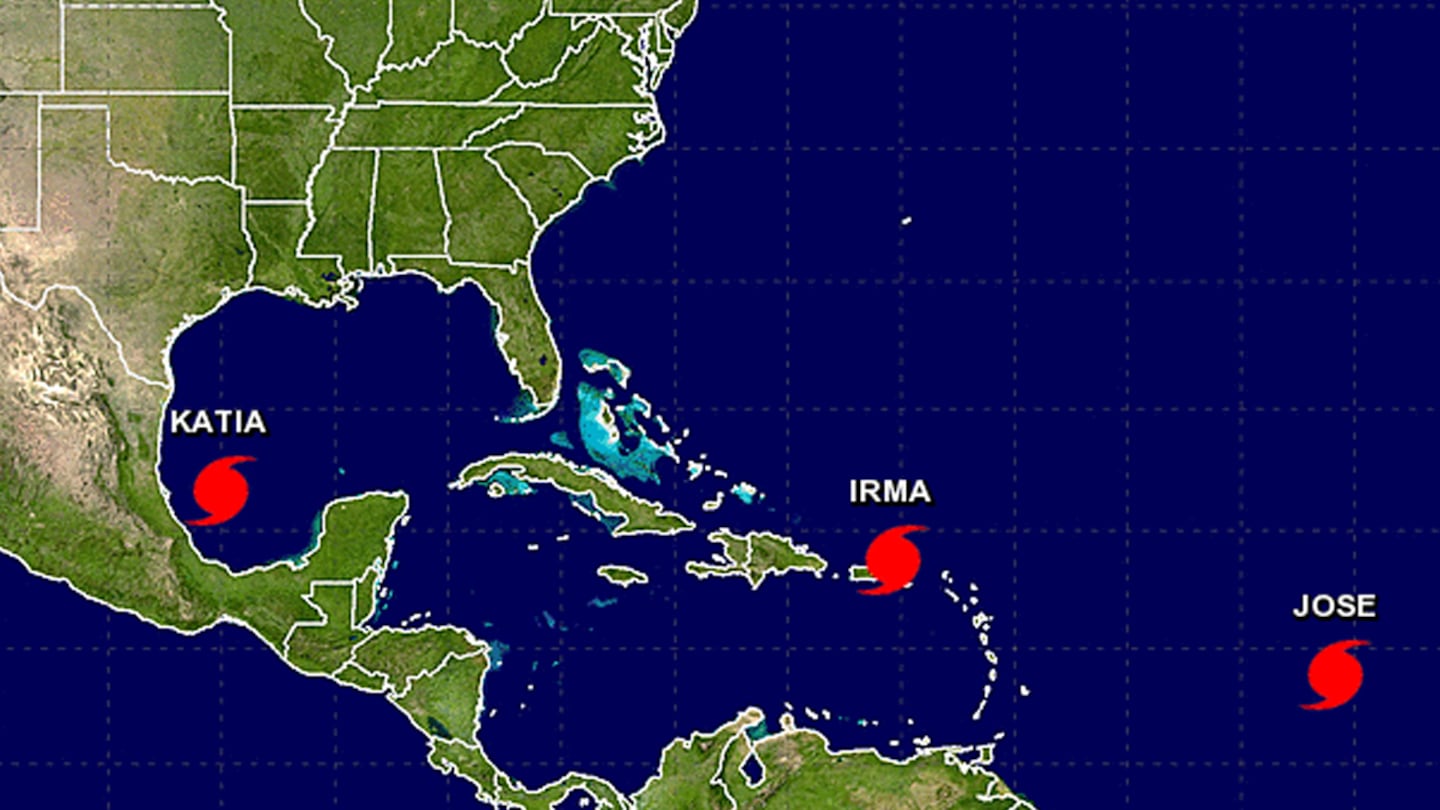ATLANTA — As Hurricane Irma pummels the Caribbean and gets nearer to south Florida, two other named hurricanes have also formed.
Irma had winds of 185 mph on Wednesday, making it the strongest Atlantic Ocean hurricane ever measured, as it raked across the Virgin Islands and close to Puerto Rico.
"Irma is currently a Category 5 hurricane with only minor fluctuations in strength likely as it moves near south Florida this weekend," said Severe Weather Team 2’s Brad Nitz.
From there, Nitz said the storm will take a northward turn, bringing it near the Georgia/South Carolina coastlines early next week, possibly as a major hurricane.
Gov. Nathan Deal has already issued a state of emergency for several coastal counties in Georgia ahead of the storm.
The last time a hurricane of Category 3 force or higher hit the Georgia coast was in 1898.
RELATED STORIES:
- Hurricane Irma: LIVE updates
- FEMA, residents bracing for powerful Hurricane Irma
- Hurricane Irma makes landfall in Caribbean as a Category 5 storm
- Hurricane Irma: How coin, frozen cup of water could keep you from getting sick
Both Georgia and South Carolina had brushes last October with Hurricane Matthew. In Georgia, three people died and damage from falling trees and flooding in low-lying areas caused an estimated $500 million in damage.
South Carolina also evacuated much of its coast as Hurricane Matthew skimmed past, coming ashore north of Charleston with winds of 75 mph.
Hurricane Jose became a Category 1 hurricane Wednesday afternoon.
There are currently 3 active hurricanes in the Atlantic. So how do they form? @Ginger_Zee explains the science: https://t.co/p5hQL8ypLh pic.twitter.com/1wgbtKW9zF
— ABC News (@ABC) September 6, 2017
Nitz said that storm is expected to become a major hurricane by the end of the week. It looks most likely to stay over the open ocean.
Hurricane Katia also reached Category 1 hurricane status Wednesday afternoon with only a little strengthening likely.
Nitz said it will be nearly stationary in the southern Gulf of Mexico and should eventually drift into Mexico.
The Associated Press contributed to this article.
Cox Media Group





